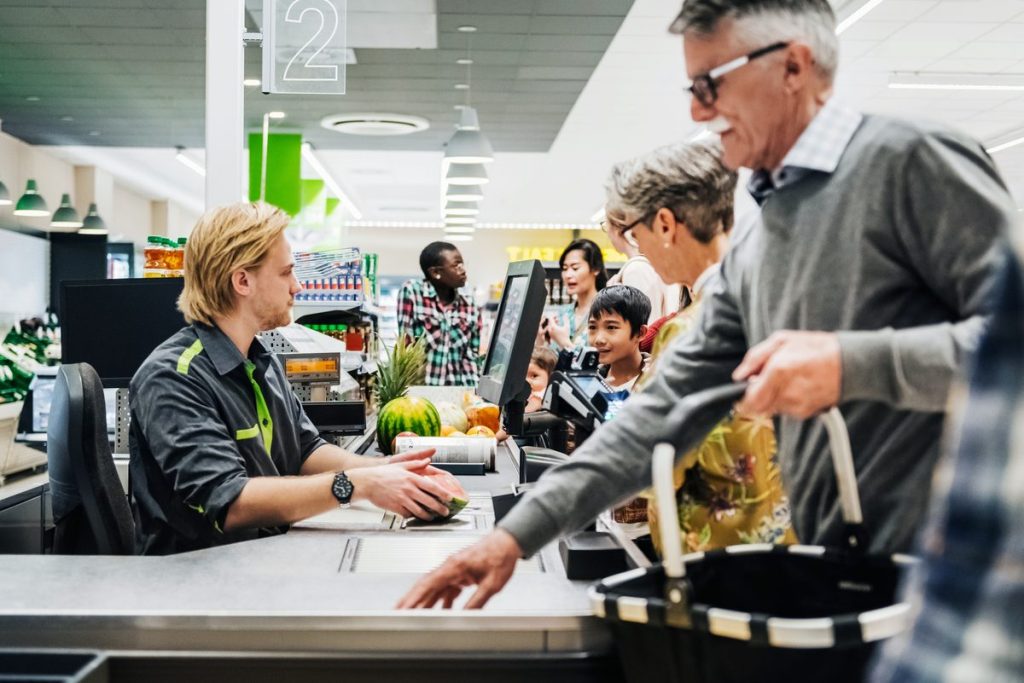Consumer confidence clashes with recessionary mindsets
The cost-of-living crisis remains top of consumers’ minds heading into 2024, and that should continue to inform every action in the FMCG sector.
Whilst consumer confidence has improved slightly, it is still low and many believe we are in a recession that will continue into 2024. In order to grow in 2024, we need to find the sweet spot between driving growth and meeting our consumers’ needs.
Thirty-four percent of global consumers say they will be in a worse position this January than at the start of 2023, with 78% saying they have lost out financially due to rising prices.
The picture will not get much brighter in the months ahead. Inflation has slowed but that will not send prices into reverse, and the average Kiwi consumer was already paying 15% more for goods in 2023 than they were in 2021. In those circumstances, it will take a lot more than sunnier headlines to restore confidence.
In New Zealand, where household spending on FMCG goods has risen by 10% in the past year, grocery bills are the primary concern for many consumers, followed by fuel prices. The impact of these essentials affects popular impressions of the economy – more than half of New Zealanders believe the country is in a recession today and 48% expect it will be at the start of 2025 – as well as purchasing behavior.
A path forward for retailers and suppliers
That means retailers and suppliers must work within these conditions, not against them. Price-conscious consumers tend to be more intentional about when, where and how they shop, looking for alternative channels and sources of value. Retailers and suppliers, of course, face their own ongoing difficulties with costs but they can consider other innovations to attract buyers if they are unable to drive prices down across the board.
In difficult times, there are two key consumer responses to bear in mind. Budget consumers, often through necessity, will look straight to the bottom line for the cheapest way to make their essential purchases. Everyday low pricing (EDLP) strategies are one of the best ways to reach this cohort, along with loyalty schemes and smaller pack sizes.
Value consumers may still be comfortable enough financially to buy most of their preferred goods but have been altering their shopping habits to bring their bills down. They might now be more likely to shop around, buy in bulk, or look for discounts. Multi-buys, cross-promotions and larger pack sizes are all attractive offerings that reward smarter spending.
Retailer opportunities & keys to long-term customer relationships
Retailers around the world are seeing growth in sales of private label brands – particularly in the baby, chilled food, and household and paper product categories – though this trend is less pronounced in New Zealand than elsewhere, making up 13% of market share against a global average of 21%. Tellingly, consumers are not turning away from name brands in every category: beverages, personal care, and snack foods and confectionery have seen the private label share marginally shrink.
That points to another shard of opportunity for FMCG retailers. Consumers managing their outlay are likely to make deeper cuts to luxuries elsewhere in their budget, with fewer big-ticket purchases and more time at home. For many, their favorite FMCG brands represent ‘permissible indulgences’ that retailers can lean into, leveraging new products to generate excitement.
So, while the compound effects of inflation will produce continued difficulties in 2024, FMCG retailers who are sensitive and responsive to their customers’ needs could lay the foundations for stronger long-term relationships. Consumers eager to practice more responsible spending and saving habits will be building confidence in their own financial resilience for better economic times, and the brands that help them do that can retain a positive association when those days arrive.
Providing good value is always a good commercial strategy and, in this moment, delivering the right offer for the right consumer will make a real difference.
This article first appeared in FMCG Business in its February-March, 2024 issue. See the magazine feature here.

About the Author
Lance Dobson is a 26-year retail industry veteran who has a deep passion and understanding for the Pacific’s FMCG retail and manufacturing industries. Lance leads NIQ’s Pacific FMCG team and oversees all commercial relationships with manufacturers across Australia and New Zealand.
Lance is passionate about helping clients win in the market through informed decision making. He is a well regarded thought leader, regularly invited to contribute to industry forums, trade publications and client events.




